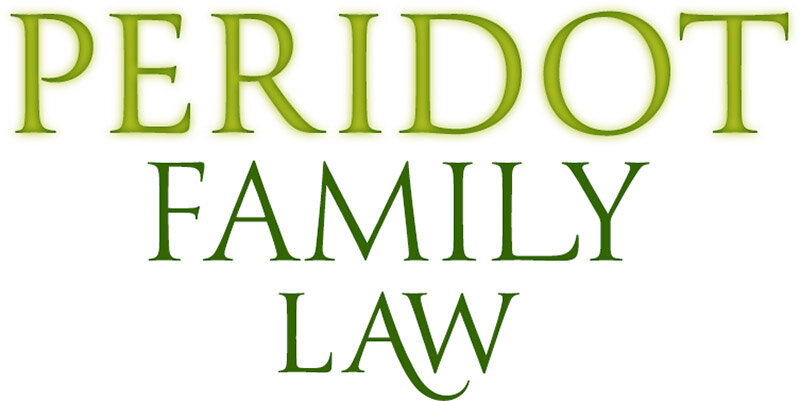Practice Areas Overview
Dictionary.com defines divorce as “a judicial declaration dissolving a marriage in whole or in part, especially one that releases the marriage partners from all matrimonial obligations.” Unfortunately, dictionary definitions do not adequately define or explain the experience of going through a divorce. The way I see it, divorce is a life-changing event, which forces a person to take stock of one’s life, and think about how to do things differently going forward.
When you go through a divorce, you need to feel completely confident in both the process and the counsel you choose. There are many paths to choose when going through a divorce. Below is an overview of your options:
• DIVORCE LITIGATION
Litigation is often described as the “traditional” or “what you see on TV” divorce process. Although some cases must be litigated, litigation can be a long, emotional, and costly process.
More information about Litigation.
• SELF-REPRESENTATION
Representing yourself may make sense if you don’t have children and/or you have limited assets. However, even a “simple” divorce may not be as straight-forward as it seems. Over the years, I have come across Separation Agreements written by parties who represented themselves, and unknowingly created tax or other complications for themselves because they were unaware of the law. And unfortunately, not all problems can be fixed once a case has gone to Judgment. If you want to handle your divorce yourself, then consider hiring a Limited Assistance Lawyer to review your Agreement before you sign it.
More information about Limited Assistance Representation.
• MEDIATION
Mediation is a voluntary and confidential process, in which the parties work with a neutral professional who helps them discuss the issues that need to be decided. A mediator can help the parties come up with an Agreement, if the parties desire. A mediator can provide the parties with information, but not legal advice. And unlike a lawyer, a mediator does not represent either party in the mediation. However, some mediators are also attorneys.* Some of the benefits of mediation are:
Mediation allows the parties to maintain the most control over their decision making process.
Mediation can be less costly and less stressful than litigation.
The parties set the pace of how fast, or slow, they will go through the mediation process.
* NOTE: You can mediate and also have a lawyer give you legal advice throughout the mediation process.
More information about Mediation.
• COLLABORATIVE LAW
Collaborative Law is a more peaceful and forward-thinking approach in which the divorcing partners agree to adhere to collaborative principles as part of the divorce process. Each partner has their own collaborative lawyer and they are supported by a team of neutrals specific to the needs of the couple. Collaborative Practice is unlike traditional divorce practice in that the parties agree from the outset of the case that they will reach an agreement before going to Court. In the event that the parties are unable to resolve the matter, their respective attorneys must withdraw. As such, there is a big incentive for the parties to work together to resolve the case.
More information about Collaborative Law.
Contact me to discuss your case so you can determine which approach is best for your situation.



